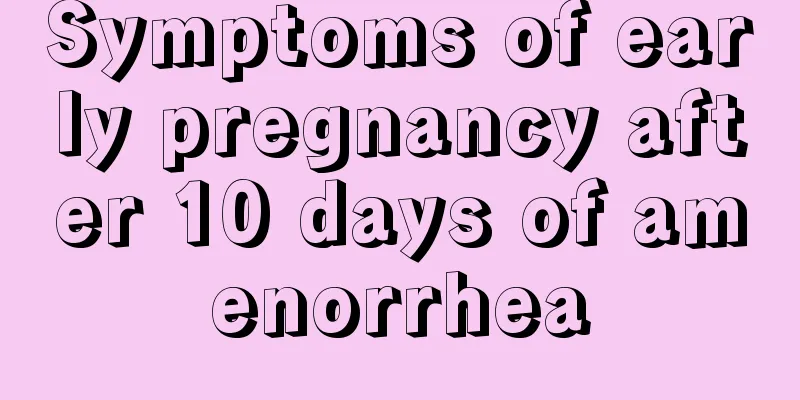Who is not suitable for cupping? Who are the people who should not use cupping?

|
Cupping is a very popular health-preserving method nowadays. Many female friends use cupping to detoxify and beautify their skin. But did you know that cupping is not suitable for everyone? If you insist on doing it even though you are not suitable, it may even be life-threatening. Who is not suitable for cupping? 1. Cancer patients with severe heart disease. 2. Cancer patients with bleeding disorders. 3. Patients with blood tumors. 4. Cancer patients with active pulmonary tuberculosis. 5. Pregnant women and women with cancer during menstruation. 6. Cupping is not suitable for areas with ulcers or edema. What are the precautions for cupping 1. Don’t rush to take a shower after cupping Some people love to enjoy themselves and like to take a shower immediately after cupping. Of course, we think of warm bath water and warm cupping cups, and it feels very comfortable to take a shower after taking a bath and then cupping. But you really have to pay attention to the order. You can cupping after taking a shower, but you must not take a shower immediately after cupping. This is because after cupping, the skin is in a damaged state and is very fragile. Taking a bath at this time can easily cause skin damage and inflammation. If you take a cold shower, your skin will easily catch a cold because the pores are open. Therefore, you must not take a shower immediately after cupping. 2. Cupping time should not exceed 10 minutes Many people say that cupping takes at least half an hour. Some people believe that the effect of cupping can only be reflected after the blisters are pulled out, especially some elderly people who hold this view. Is it true that the longer the cupping time, the better? In fact, cupping varies according to the size, material, and strength of negative pressure of the cup. However, it is generally advisable to take no more than ten minutes from the time the fire is lit to the time the tank is opened. Because the main principle of cupping is negative pressure rather than time. If the cupping time is too long under high negative pressure until blisters appear, it will not only damage the skin, but may also cause skin infection. 3. Do not pull out the same position repeatedly If it doesn’t work once, try it twice. Repeatedly at the same location. I don’t believe that cupping has no effect. In fact, this is not right. When doing cupping, you can even cup your entire body, as this can provide comprehensive therapy and help to relax your muscles and bones. However, repeatedly pulling out the weeds in the same place can easily cause redness, swelling and damage to the skin. If the wound becomes infected, the result will be counterproductive. |
<<: 80% of people are not aware of the precautions for gynecological examinations
>>: How to regulate damp heat in the lower abdomen? What the experts say
Recommend
Can vulvar cysts heal on their own?
The symptom of vulvar cyst cannot heal itself, be...
How long after abortion can I apply medicine on the cervix
Cervical erosion is usually not easy to detect. S...
IDC: OPPO ranks first in China's mid-to-high-end mobile phone market share, accounting for 27.2%
Recently, the 2024 Global Smartphone Market Resea...
Why are women's labia very dark?
The darkening of the labia majora is no longer a ...
Is it painful to have a normal birth or a caesarean section? It turns out this is the case
Is it more painful to have a natural birth or a c...
What to do if uterine erosion is 1st degree
For those friends who have been diagnosed with fi...
What is the cause of bleeding from vaginal discharge?
Generally, when women have leucorrhea, the basic ...
Common heel pain, please accept this information
This is the 4380th article of Da Yi Xiao Hu Uncle...
[Medical Q&A] Is surgery necessary for urinary incontinence?
Planner: Chinese Medical Association Reviewer: Zh...
What is the reason for excessive vaginal discharge? Sometimes it is like water
Abnormal leucorrhea should be a phenomenon that e...
Why is my vagina loose even though I haven't had a baby?
Women who have given birth worry about how to tig...
25 years of research in the United States reveals: How to eat carbohydrates to be healthy?
Recently, a friend asked me that since he started...
The harm of not being able to eat in early pregnancy
Many pregnant women are prone to nausea, vomiting...
What medicine should women take for weak waist and knees
When women experience back pain and general weakn...
Let's have a barbecue on May Day. Let's take a look at some interesting facts about barbecue.
As the weather warms up The barbecue industry is ...









